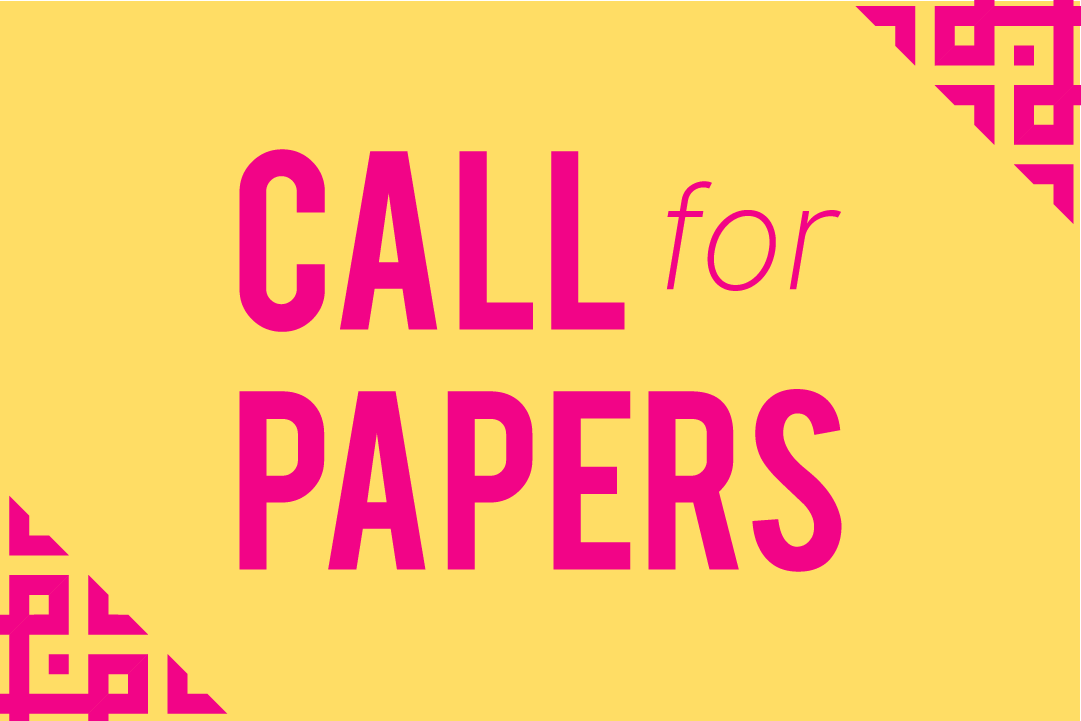
Call for Papers: Public History in the Latinx Midwest
Guest editors: Delia Fernández-Jones (Michigan State University), Chantel Rodríguez (Minnesota Historical Society), Sergio M. González (Marquette University)
Those with resources often shape and create narratives of place and belonging that erase marginalized people’s presence and contributions. Public history offers the potential to remedy this power imbalance. This special issue examines this dynamic among Latinxs in the Midwest and the role public history plays in reshaping the narratives of America’s heartland. From 2000 to 2020, the Latinx population increased by more than 90 percent across twelve U.S. Midwestern states. These newcomers joined a century-long history of Latinx communities in the region. And yet, Latinx people have been largely left out of both historical and contemporary mainstream narratives of a place often referred to as the archetype for American identity. Instead, this geographic region is often associated with white, rural stories that erase people of color. Of late, however, a diverse assortment of scholars, community collaborators, and public history professionals have sought to reset narratives surrounding Latinx placemaking and community formation in the Midwest. These initiatives have occurred and continue to blossom in a variety of locations, ranging from within historical societies, museums, and classrooms to home altars, genealogical recoveries, and murals in the barrios, farmlands, and places in between that Latinx Midwesterners call home. This issue provides us with ways of understanding belonging in the Midwest, but also in various places where Latinxs and other communities are marginalized.
This special issue seeks to reveal how scholars, public historians, and communities of the Latinx Midwest have at times worked within and in collaboration with public institutions and, at times outside of them, to document and share these histories. It will also examine how Latinx communities and public historians have encouraged traditional history institutions to better document and exhibit these histories, at times doing so as a form of archival recovery and historical retrofitting. The special issue seeks to interrogate such questions as, how have Latinxs made space for themselves in public history institutions? What narratives need to be included in public history institutions? How have museums and public history institutions worked to incorporate Latinx communities into Midwest history and/or partner with Latinx communities to tell their stories? What considerations should historians of the Latinx Midwest historians consider when they engage in this work? What methodologies do Latinx Midwest historians turn to account for a general lack of collecting by archival societies and museums? What do we earn in entering collaborative, reciprocal, and ethical partnerships with community organizations? How have Latinxs created communities alongside African American, white, Indigenous, and Asian communities, among others, who have also long called the Midwest home? Where and how have collaborations developed and continue to grow in various locations? How can engaging with the histories of the Latinx Midwest help us better understand the ways public historians engage with regional and national stories? How have public history initiatives, broadly conceived, influenced how Americans understand Latinxs communities at the local, regional, and national levels?
The editors welcome proposals for articles but also encourage proposals from a wide variety of practitioners and in alternative formats, such as reports from the field, interviews with practitioners, and roundtable discussions. Proposals, which should be no longer than one double-spaced page, should be submitted to The Public Historian at shcase@ucsb.edu. The deadline for submission of proposals is May 31, 2025. Selected authors will be notified by July 15, 2025. Articles will be due by January 15, 2026. Publication of the special issue of The Public Historian will be in 2027.

